If you are a concealed carrier or just a gun owner, and you pay attention you’ve heard the term, Constitutional Carry. More and more states are adopting Constitutional Carry to replace traditional carry systems. There are currently 13 states that have adopted Constitutional Carry, and it’s gaining steam.
Constitutional Carry is both a new and old theme. It’s old since it was the initial form of carrying a firearm. At the time of our country’s founding, we had Constitutional carry. As society progressed more and more laws were introduced as an attempt to curb violence, and the unlicensed carry of firearms was slowly eroded around the country for better or worse.
There was never a federal declaration against concealed carry, the individual states decided to slowly do away with it. Constitutional carry was the law of the land until the 19th century when the states began regulating the means of carrying a firearm. The only State to resist this trend was Vermont.
Vermont has a state Constitution that has been interpreted by state courts to forbid any form of permit to carry a firearm. Most states that have adopted Constitutional carry model their laws around Vermont’s. Because of Vermont’s laws, Constitutional carry used to be referred to as Vermont carry.
So what is Constitutional Carry?
Constitutional carry, or CC, is simply a means to carry a firearm without a permit. We’ve likely all seen the “The 2nd Amendment is my carry permit” memes on social media. This is the literal interpretation of Constitutional carry. Constitutional carry is the ability to carry a firearm without the need to take a class, fill out an application, receive a permit, or pay a tax. A state with Constitutional Carry generally allows any adult to carry a firearm by simply being an adult and resident of the state.
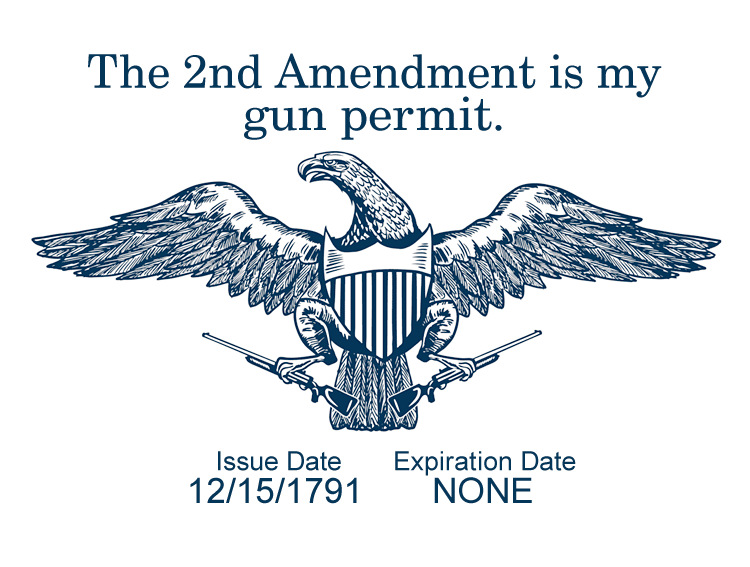 The most die-hard advocates define Constitutional carry as unrestricted carry altogether. This means anyone above the age of 18 can carry any weapon, in an open or concealed manner. Some states have adopted this mindset, but others have certain restrictions in place. Some states, like Idaho, only allow residents the right to Constitutional carry. North Dakota only allows concealed carry without a permit. The most accepted definition of Constitutional Carry is merely permitless carry.
The most die-hard advocates define Constitutional carry as unrestricted carry altogether. This means anyone above the age of 18 can carry any weapon, in an open or concealed manner. Some states have adopted this mindset, but others have certain restrictions in place. Some states, like Idaho, only allow residents the right to Constitutional carry. North Dakota only allows concealed carry without a permit. The most accepted definition of Constitutional Carry is merely permitless carry.
Where did Constitutional Carry Come From?
Like most gun rights advocacy, Constitutional Carry came from grassroots efforts throughout the country. As great as the NRA is an organization they haven’t thrown their full weight behind Constitutional Carry. The NRA does often work with these grassroots organizations to help pursue Constitutional Carry legislation, but hasn’t made it a focal point.
The origin of Constitutional Carry is of course derived from the 2nd Amendment of the Constitution of the United States. The Amendment reads,
A well regulated Militia, being necessary to the security of a free State, the right of the people to keep and bear Arms, shall not be infringed.
You’ll notice there is no clause stating a permit is necessary to keep and bear arms. Constitutional Carry depends on both the 2nd Amendment and the Supremacy Clause of the United States Constitution. This clause declares the Constitution to be the supreme law of the land. When you combine the two you have a right that cannot be taken from individuals through state law. Although District of Columbia vs Heller did establish that local and state laws can allow for restrictions, CC advocates disagree with this assertion.
Why is Constitutional Carry Beneficial?
Constitutional Carry isn’t just beneficial from a rights standpoint. I live in the State of Florida, so let’s look at the cost of a permit. The first step is obtaining a certificate of training. Military, police, and corrections officers can use their professional training as a certificate. If you don’t fall under those categories you’ll have to attend a class taught by a Police ‘K’ Instructor or an NRA certified instructor.
This class can cost anywhere from 50 to 150 dollars. A quick google search of the larger training schools gives me a rough average of 75 dollars per class. After your 75 dollar class, you’ll have to pay the state a $112 dollars and wait upwards of 90 days for the permit to be issued.
So roughly a 189 dollars, and at least a full day to complete the class. A $189 dollars is almost the cost of a decent pocket pistol. Ruger LCP Gen 1’s run for a little over 200 dollars. That is easily half the price of a good concealed carry revolver like the Ruger LCR.
Lower income earners are unfairly taxed for a right that is guaranteed in the Constitution. Not only that, but the permit takes up to 90 days to be issued. People in low-income brackets are disproportionately the targets of violent crime. Who guarantees your safety for that 90 days?
Constitutional Carry would directly benefit lower income families and adults. This includes everyone from single moms looking to protect their kids, and themselves, to college students alone in the world for the first time. As an instructor in the State of Florida, I often hear just how unaffordable the entire process is.
What States Have Adopted Constitutional Carry?
Vermont has essentially always had Constitutional carry, but the first state to rescind permit requirements was Alaska. The states that followed were Arizona, Arkansas, Idaho, Kansas, Maine, Mississippi, Missouri, New Hampshire, North Dakota, Vermont, West Virginia, and Wyoming.
The movement is gaining ground with states like Texas and South Carolina considering their own Constitutional Carry bills. The future of the concept is likely gaining ground, right alongside National Concealed Carry Reciprocity.
Gun rights look to improve in the next few years, so State grassroots organizations are likely to be more and more successful. Is Constitutional carry coming to your state? It can if you are willing to organize, put in work, and make sure your representatives know your desires for Constitutional Carry.




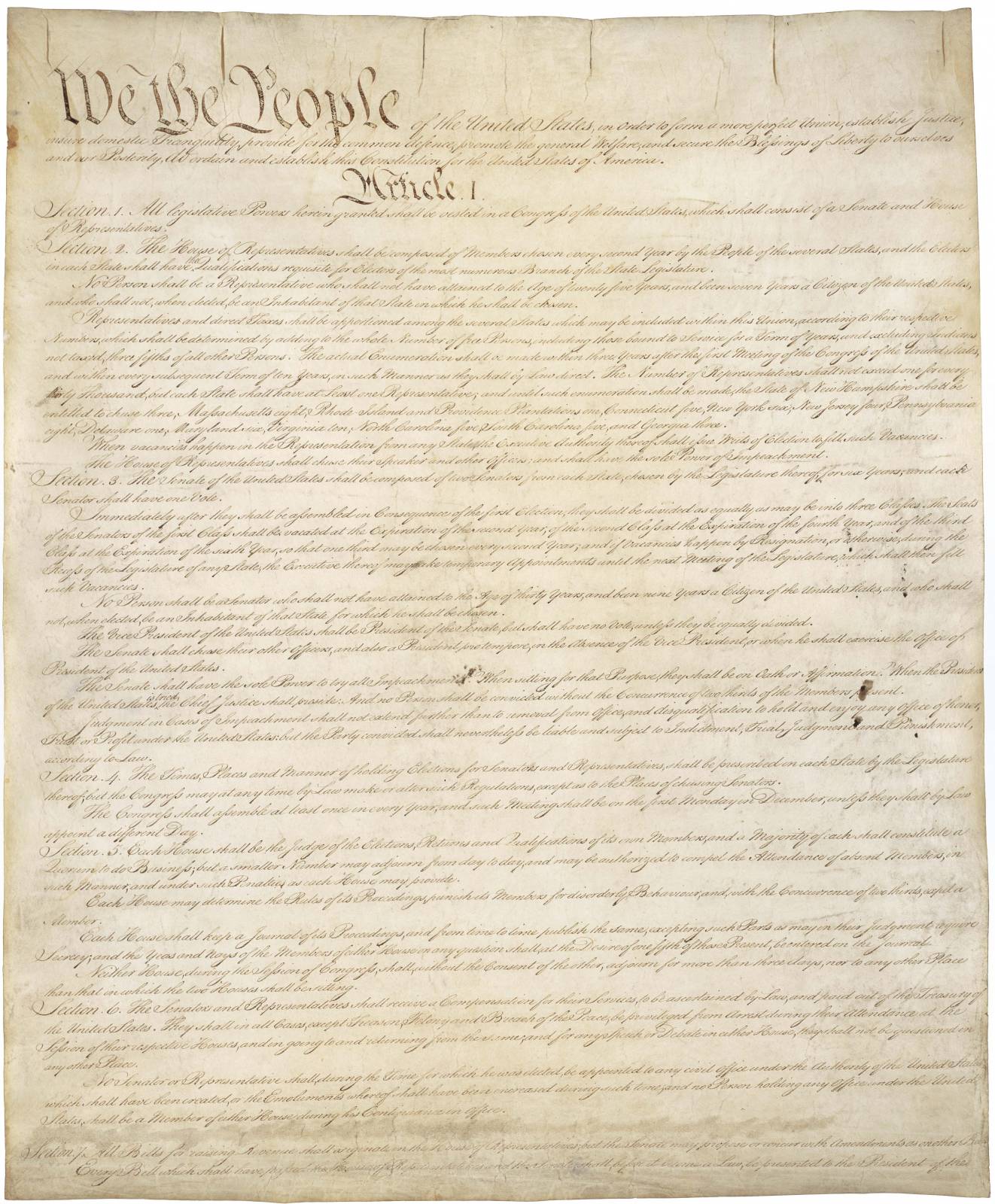
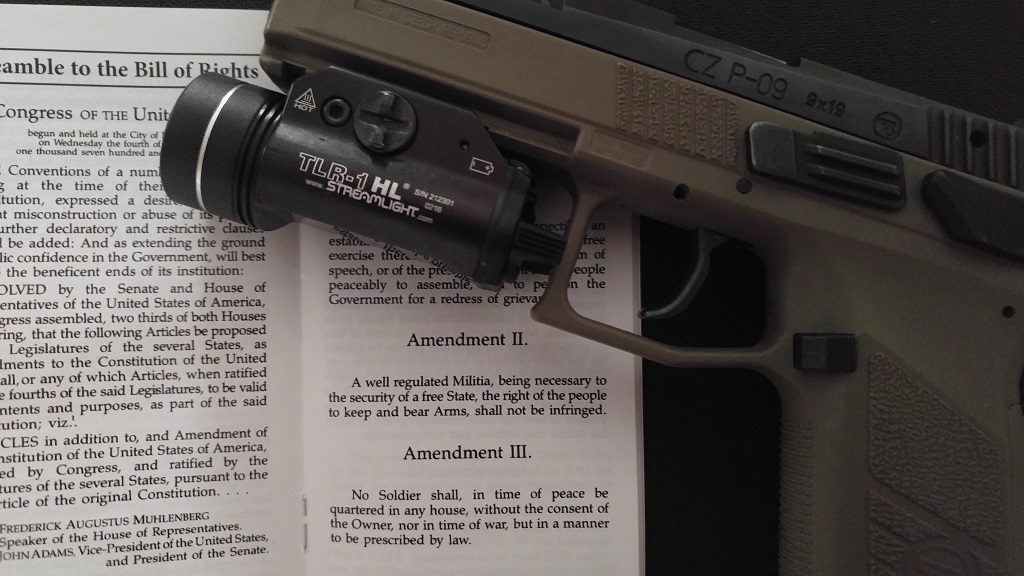

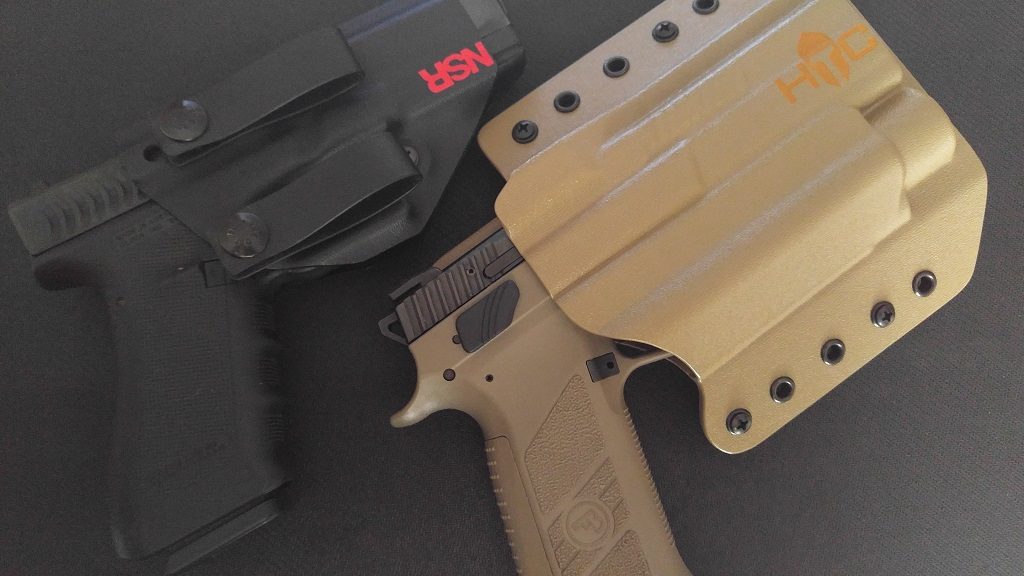

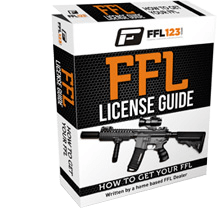
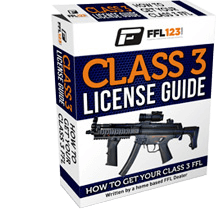

















Back in 1995 I applied for an FFL and was granted the not for sales but to collecting long and short guns at discount. Branden you mentioned earlier no one can take your FTP from you, I received a letter from Los Angeles Chief of Police due to the violent crime attmosfeir they won’t be renewing my FFL. Please, respond as to how I could have responded to to this type letter, thank you Branden
Is this a C&R License for collecting older firearms?